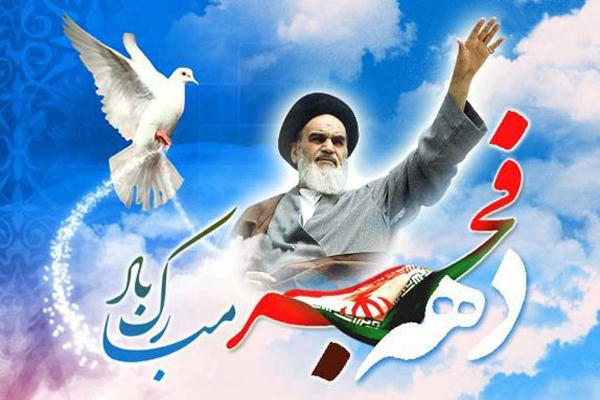The blessed Decade of Fajr reminds us of the downfall and despair of the Pharaohs of the time at the hands of the great man of our Islamic homeland, who was supported by the valiant and happiness seeker people of this land. He, who, relying on and seeking help from the Almighty God, placed his existence on the plate of sincerity and watered the noble tree of the Islamic Revolution with the blood of the martyrs, bringing forth the fruits of independence and pride for the people of Iran. On this occasion, in this writing, we will focus on the character of that Imam of goodness as articulated by the wise and devout Grand Ayatollah Javadi Amoli in various scientific and practical dimensions.
One of the memorable historical events of the Islamic Revolution is the anniversary of the glorious return of the Imam of the Ummah to our beloved homeland. He, who with his arrival trampled the iron idols of the time and became the shelter for the believers and the oppressed of the world.
His Eminence Allamah Javadi Amoli believes:
The work that the Imam of the Ummah (may his soul be sanctified) accomplished was unprecedented throughout these centuries. The Holy Quran emphasizes the element of "innovation," so if there were intellectual materials available, and one person rose more than others and took on the intellectual and cultural leadership of the nation, others cannot be considered his equals.
When the Holy Quran recounts miraculous events, it emphasizes the precedence and the right of first claim. Now, observe what the Holy Quran says regarding the victory in Hijaz. At the beginning of the blessed Surah Al-Hashr, it tells the Muslims:
(هو الّذى أخرجَ الّذین كفروا من أهل الكتاب من دیارهم لأوّل الحشر، ماظَنَنتُم أن یخرُجوا و ظنّوا أنّهم مانعتُهم حُصونُهم من الله)
"He is the One who expelled those who disbelieved of the People of the Book from their homes at the first gathering; you had not thought that they would go out, and they thought that their fortresses would protect them from Allah." This means that the only power in Hijaz was the wealthy and powerful Jews. Neither did you think in your minds that they would leave, nor did their strong fortresses allow them to believe they would flee. However, the divine power of truth, for the first time, drove all the false powers of the Arabian Peninsula away from the Islamic land and made them flee.
In this section of Surah Al-Hashr, Allah the Exalted mentions three points. He said: For the first time, through the power of "Islam," Judaism was defeated; this means that there may be others in the future who will break the power of Judaism, but the first time, it was "Islam" which did it. There may be other politicians who come and prevail over Israel, but the first time, "we" were victorious over them and made them flee: "He is the One who expelled those who disbelieved from the People of the Book from their homes at the first gathering." Therefore, if others come in the future and do such a thing, they have learned from us, and if other politicians defeat them, they have learned the way to victory from us. We are the teachers of triumph and the instructors of others' victories because, for the first time, this was accomplished by the hands of Islam.
The second and third points of this verse are that neither the friends believed that Islam would be victorious, nor did the enemies believe that they would be defeated: "You did not think they would go out, and they thought that their fortresses would protect them from Allah." You, who were friends, did not think that the Quran would prevail, and on the other hand, the powerful Jews also did not think that they would be forced to flee despite having all military and non-military powers. However, contrary to the calculations of friends and the strategies of enemies, we have revived Islam in the Hijaz for the first time.
Therefore, the Holy Quran emphasizes the initial victory and innovation in triumph. Throughout these fourteen centuries, we have been oppressed, and oppression has been imposed upon us, and we believed that we had to be submissive. But this noble descendant of the Prophet of God, (peace be upon him and his household), Imam Khomeini (may his soul be sanctified) did something for the first time that neither friends nor enemies had imagined. Thus, if a leader comes later and continues this path, driving foreigners out of other countries, he will be considered part of the "Ummah" of Imam Khomeini. If the Islamic revolutions in Sudan, Egypt, and Algeria bear fruit, if the self-sacrificing people of Afghanistan and Palestine achieve victory, and if Muslims in the farthest corners of the inhabited world succeed in overcoming the oppressors, both ordinary individuals and their leaders will be part of the "Ummah" of the late Imam. The one who first disrupted the equations of friend and foe is the winner of the prize of Imamate of the Holy Quran.
Therefore, the Holy Divine Essence, after recounting its innovation for the first time, speaks with great respect of those who are the pioneers of victory and the forerunners of success, mentioning the emigrants as (and the foremost among the emigrants...) with honor. As stated in the blessed Surah Al-Hadid, there is a distinction made between revolutionaries before the revolution and those who joined the revolution after it, as it is said:
(لا یستوی منكم مَن أنفَقَ من قبلِ الفتحِ و قاتَلَ، أولئك أعظمُ أجراً من الّذین أنفقوا من بعدُ و قاتَلوا، و كُلاّ وعَدَ اللهُ الحُسنی و اللهُ بما تعملون خبیرٌ)
(Not equal are those among you who spent, and who fought before the victory, those are mightier in rank than they who spent and fought afterwards and unto each God has promised the reward most fair and God is aware of the things you do).
Just as there is a distinction between the knowledgeable and the ignorant: (Are those who know equal to those who do not know?) and between the sitting and the standing: (Allah has preferred the fighters over the sitting with a great reward), there is also a complete distinction between the revolutionaries before the revolution and those who came after it. Thus, in the blessed Surah Al-Hadid, it is stated: Those who strived and made sacrifices of wealth and life during the time of Islam's adversity are not equal to those who joined the revolution after its victory. This difference is not merely a matter of temporal precedence; for mere temporal precedence lacks the merit that the Holy Quran emphasizes.
If a mosque is open to all worshippers, and one who has a shorter distance arrives earlier while another with a longer distance arrives later, although there is a difference between the two, it is not a difference that the Holy Quran emphasizes on. Such forms of temporal precedence are not a criterion for honor.
The precedence of time is a criterion of honor, such that if someone possesses discernment and courage, they understand and accept the school of truth sooner than others. The discussions in all the debates about the early faith in Islam by Imam Ali (peace be upon him) highlight this, as the Commander of the Faithful (peace be upon him) states: "On the day which I embraced Islam, you were still disbelievers," or the Noble Prophet speaks of the pride of Ali (peace be upon them) by saying: "Indeed, Ali has the greatest right over the Muslims after me and the first among them in submission." The Ahlul-Bayt (peace be upon them) take pride in saying: "Ali was the first among them in submission," or the special companions boast that: "Ali was the first among them in submission." This means that on the day when the acceptance of Islam was still uncertain for others, it was resolved for Imam Ali (peace be upon him). On the day when being a Muslim required the sacrifice of wealth and life, Imam Ali (peace be upon him) was a Muslim. On the day when speaking of Islam brought hardship, Imam Ali (peace be upon him) was a Muslim. On the day when sitting at the lavish table of disbelief and hypocrisy was common, Imam Ali (peace be upon him) was a Muslim. Therefore, the phrase "Ali was the first among them in embracing Islam (submission)" serves as a point of argument for the Ahlul-Bayt (peace be upon them).
In conclusion, whether in the far or near East, or in the Middle East, or in the far or near West, if hundreds of leaders of revolutions and uprisings emerge, our late Imam (may his soul be sanctified) is the Imam of them all. Because if someone does something that revives both the idea of being a nation among the people and being the Imam among the leaders, he is like the exalted example of (and the foremost ones). The late Imam (may his soul be sanctified) was the first in recent centuries to attain this lofty position: "Blessed is he and excellent is his return."
Book "Bonyan Marsoos" by Grand Ayatollah Javadi Amoli, p. 232

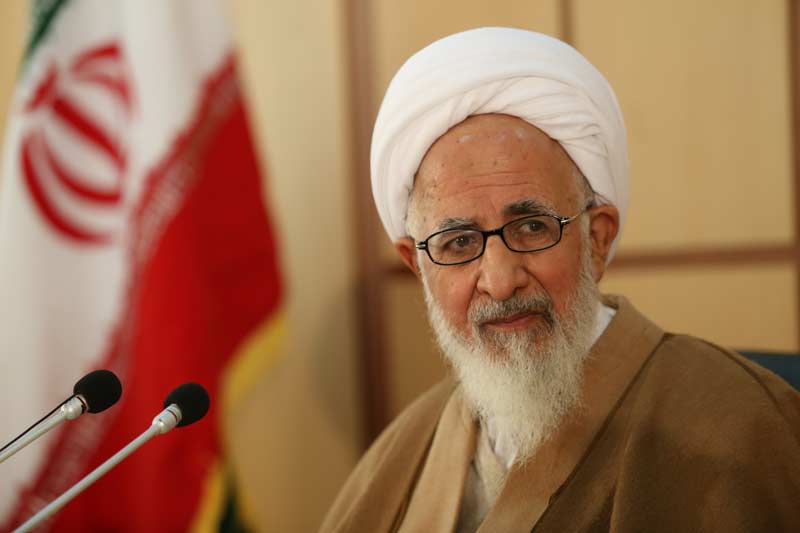


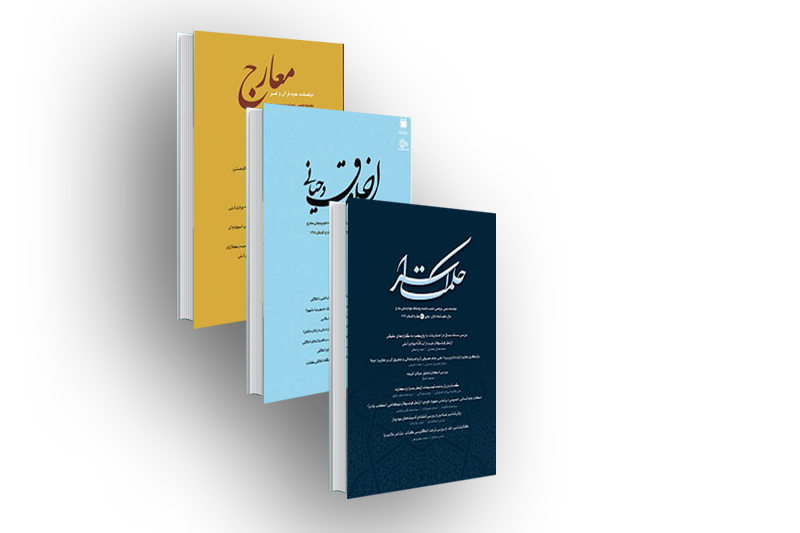


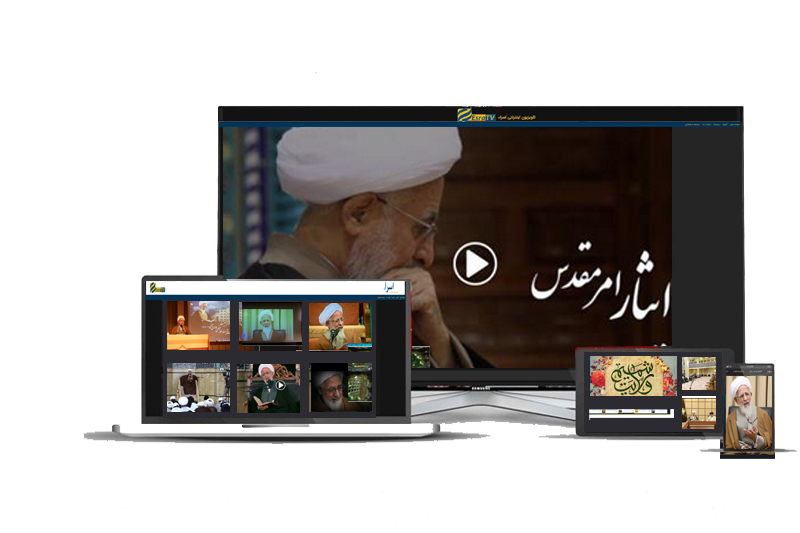
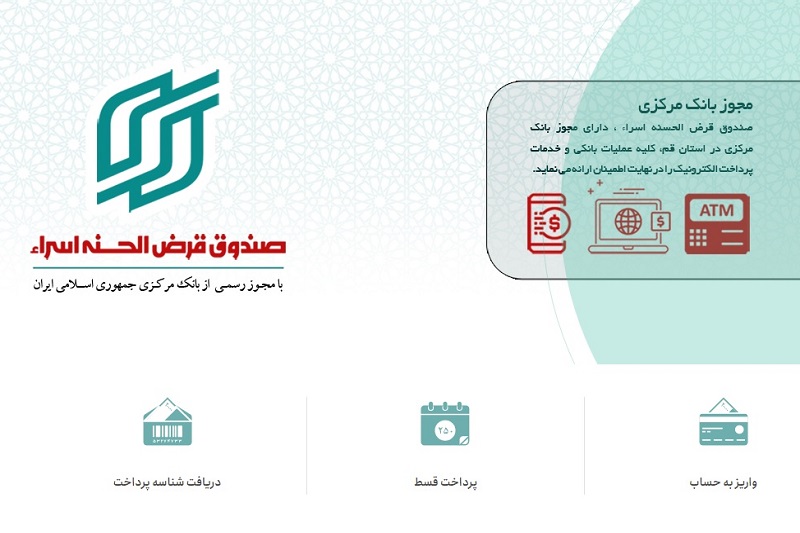
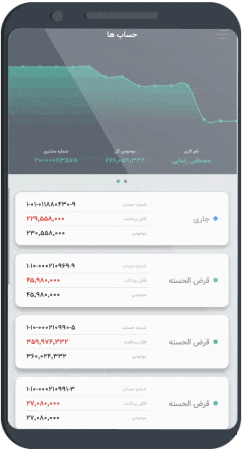
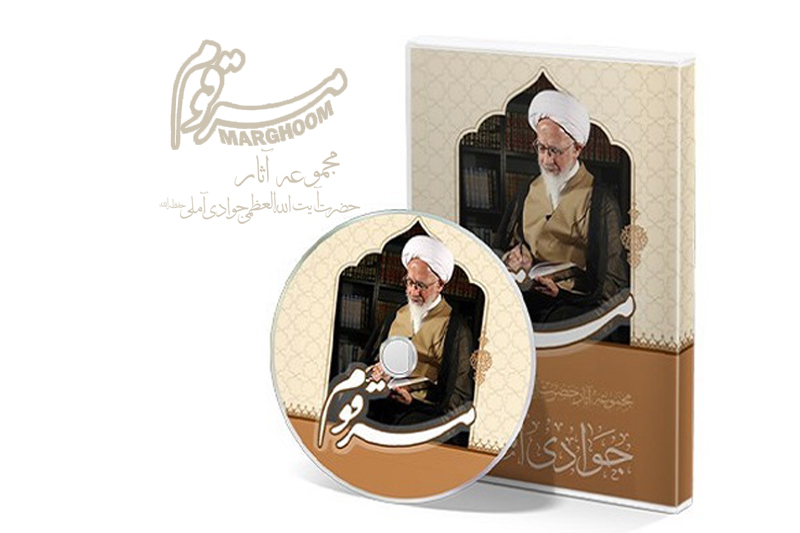
 Esra Publishing Center, the exclusive publisher of Ayatollah Javadi Amoli's works, started working in 1993; Among the missions and duties of the center are the production of written works with the desired and standard quality, fast and timely supply at the right price and supporting the products, providing easy, fast and low-cost access to the products for the domestic and foreign audiences, attending domestic and foreign international exhibitions, ….
Esra Publishing Center, the exclusive publisher of Ayatollah Javadi Amoli's works, started working in 1993; Among the missions and duties of the center are the production of written works with the desired and standard quality, fast and timely supply at the right price and supporting the products, providing easy, fast and low-cost access to the products for the domestic and foreign audiences, attending domestic and foreign international exhibitions, ….

